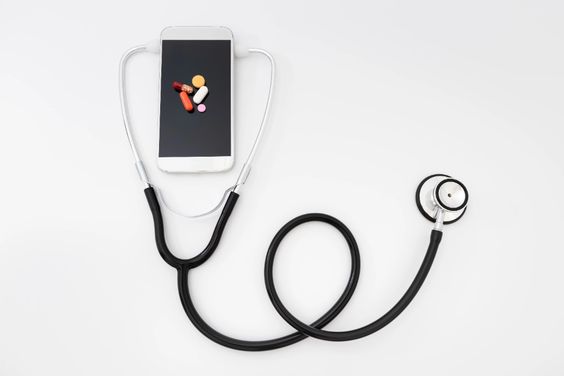Dubai’s Healthcare Revolution: Innovations in Telemedicine, AI, and Preventive Care”

Dubai is known for its cutting-edge healthcare system, which is constantly evolving to meet the changing needs of its residents. One of the most significant healthcare trends in Dubai is the use of telemedicine, which allows patients to consult with doctors remotely through videoconferencing. This has become increasingly important during the COVID-19 pandemic, as it allows patients to receive medical advice and treatment without risking exposure to the virus.
Dubai has also been investing heavily in the development of artificial intelligence (AI) and machine learning in healthcare. These technologies can be used to analyse large amounts of data, such as medical images and electronic health records, to help doctors make more accurate diagnoses and treatment decisions. Additionally, AI can be used to automate tasks such as scheduling appointments, ordering lab tests, and even interpreting medical images, which can help improve efficiency and reduce costs in healthcare.
Another major trend in Dubai’s healthcare system is the use of wearable technology to monitor patients’ health. Wearable devices such as fitness trackers, smartwatches, and smart patches can collect data on a patient’s vital signs, physical activity, and sleep patterns, and share it with healthcare professionals for analysis. This can help doctors and nurses identify potential health issues early on and provide more personalised care.
Dubai is also focusing on preventive healthcare, with the goal of reducing the number of preventable illnesses and healthcare costs. This includes a focus on promoting healthy lifestyles, such as encouraging regular exercise, healthy eating, and avoiding smoking and excessive alcohol consumption. Additionally, the government is promoting regular health screenings and check-ups, and providing education and resources on how to prevent and manage chronic diseases such as diabetes and heart disease.
Dubai’s healthcare system is also prioritising the mental health of its residents. Mental health issues, such as depression and anxiety, are becoming increasingly common in the UAE, and the government is taking steps to address this issue by providing more mental health services and resources. This includes increasing the number of mental health clinics and counsellors, and providing training and education to healthcare professionals on how to recognize and treat mental health conditions.
In addition to these trends, Dubai is also investing heavily in the construction of new hospitals and clinics. This includes the development of state-of-the-art facilities, such as the Dubai Hospital and the Dubai Medical City, which are equipped with the latest medical technology and staffed by highly-skilled healthcare professionals. This is part of the government’s efforts to ensure that its residents have access to high-quality healthcare services close to their homes.
In recent years, Dubai has also made significant investments in medical tourism, with the goal of attracting patients from around the world to receive treatment in the city’s top-rated hospitals and clinics. This includes providing a wide range of medical services, such as orthopaedic surgery, cosmetic surgery, and fertility treatments, as well as offering affordable prices and high-quality accommodation and services.
Overall, Dubai’s healthcare system is focused on providing high-quality care and services to its residents, with a particular emphasis on incorporating technology and innovation. By utilising telemedicine, wearable technology, AI, and a focus on preventive care, Dubai is working to improve the health and well-being of its residents, and create a more efficient and cost-effective healthcare system.
It is important to note that this is a general overview of the healthcare trend in Dubai, and the healthcare system is constantly evolving to meet the changing needs of the population. It’s always a good idea to check with local authorities or healthcare providers for the most updated and accurate information.








